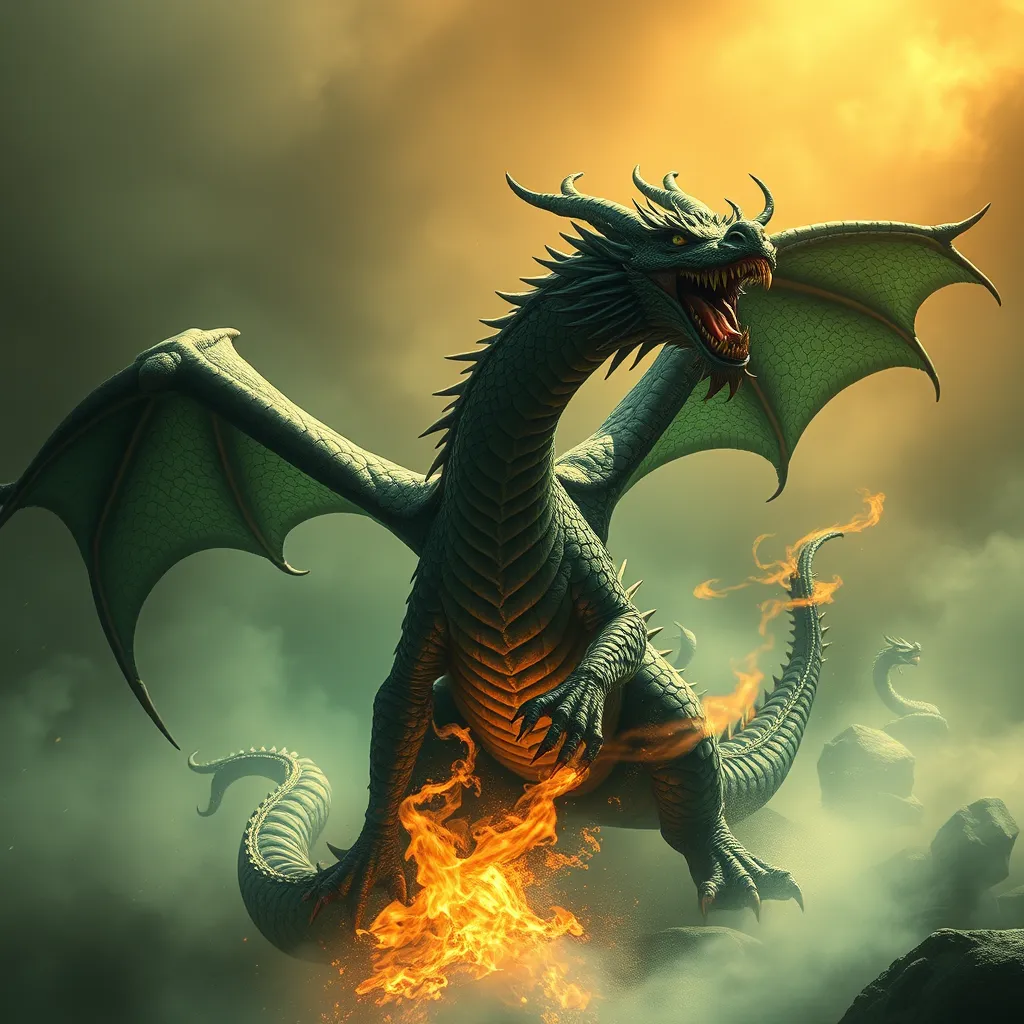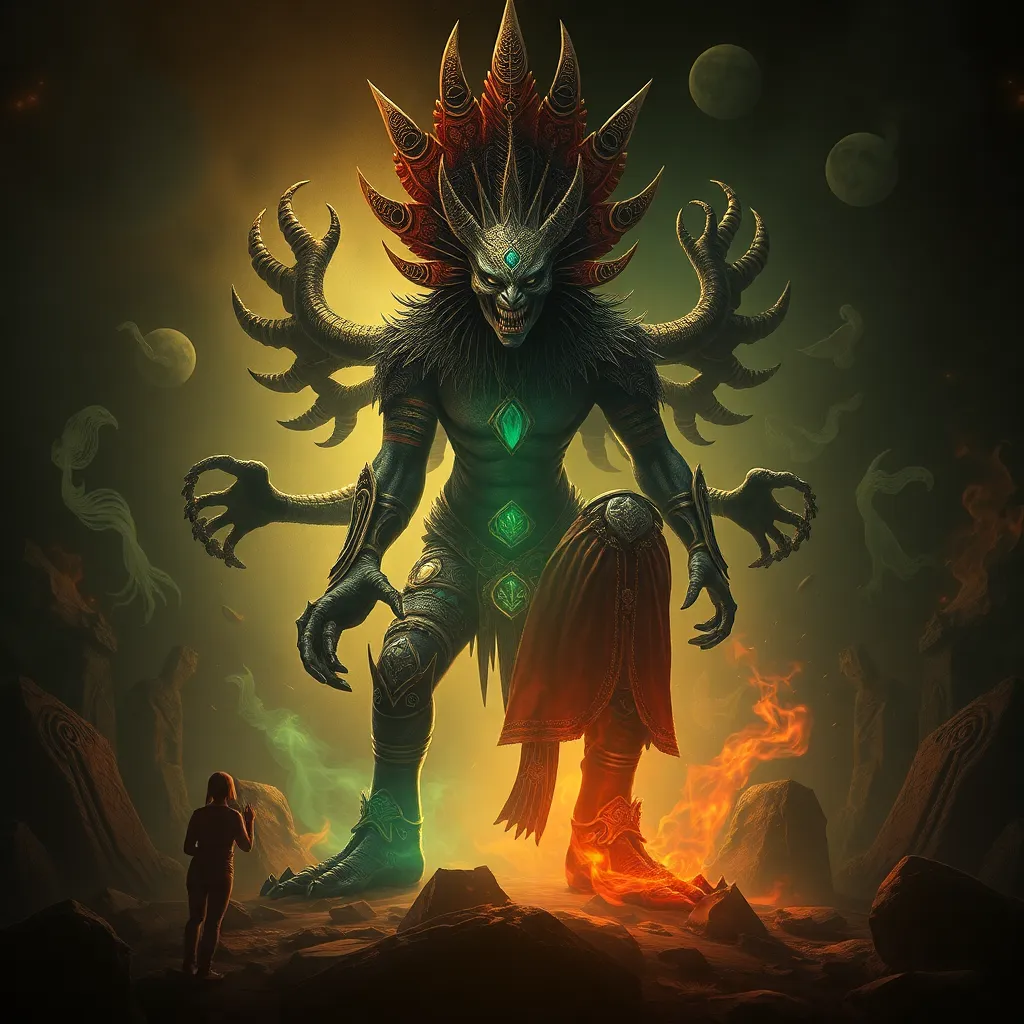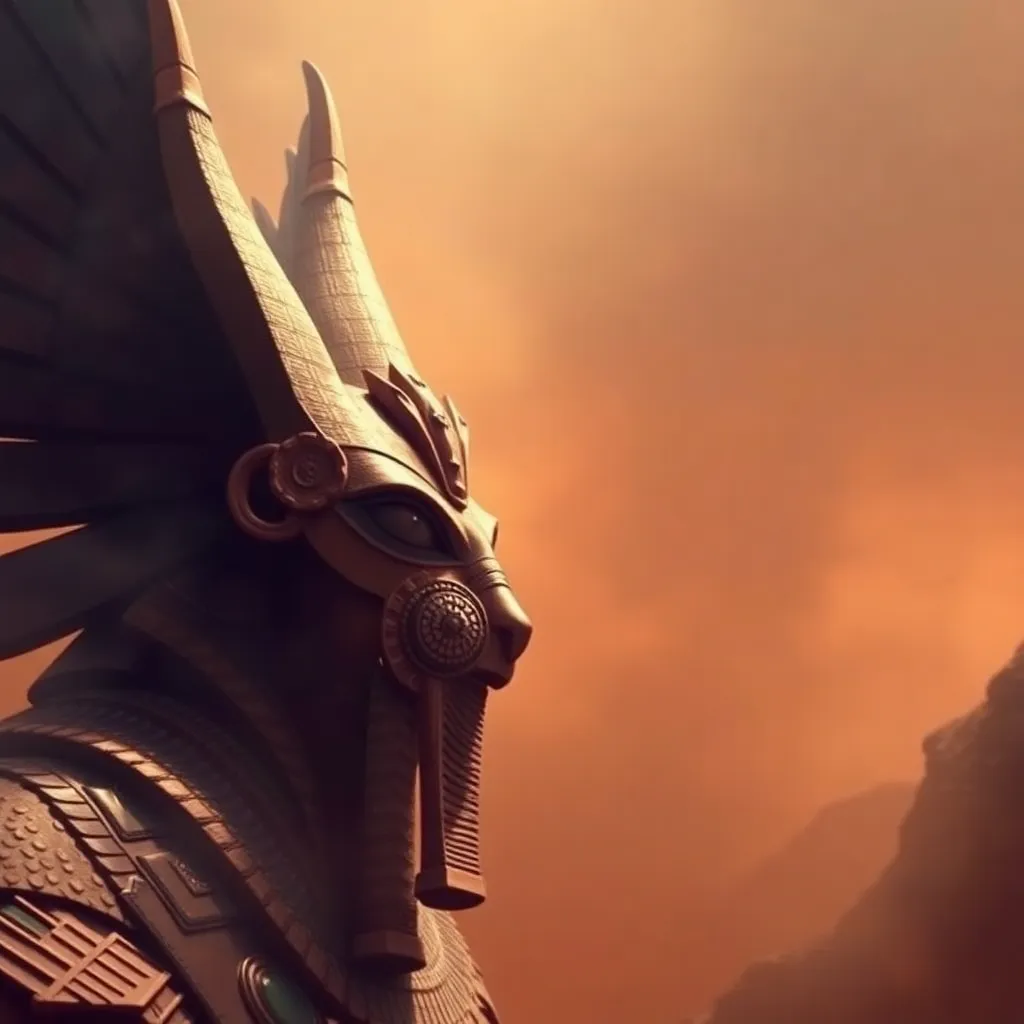The Dragon’s Wisdom: Understanding the Lessons and Insights Offered by Dragon Myths and Legends
I. Introduction to Dragon Myths and Legends
Dragons have captured the human imagination for centuries, appearing in the folklore and mythologies of cultures around the world. They are often depicted as powerful, majestic creatures, embodying both fear and awe. The significance of dragons transcends mere storytelling; they represent deep-seated values, fears, and aspirations within various societies.
This article aims to explore the wisdom embedded in dragon myths and legends. By examining their symbolism, moral lessons, and roles in personal transformation, we can gain valuable insights into human nature and the complexities of power, responsibility, and knowledge.
II. The Symbolism of Dragons Across Cultures
Dragons are not monolithic; their representations vary significantly between cultures. Understanding these differences enriches our appreciation for their symbolic meanings.
A. Eastern versus Western dragon representations
In Eastern cultures, particularly in China, dragons are seen as benevolent and wise creatures, often associated with water, rain, and agriculture. They symbolize strength, good fortune, and imperial power.
Conversely, Western dragons are frequently portrayed as malevolent beings, hoarding treasure and terrorizing villages. This portrayal aligns with themes of chaos and destruction, contrasting sharply with their Eastern counterparts.
B. Common themes and symbols associated with dragons
- Wisdom: Dragons are often guardians of knowledge, representing the pursuit of enlightenment.
- Power: They embody both the potential for destruction and the capacity for protection.
- Transformation: Encounters with dragons often signal a pivotal change in a hero’s journey.
III. Lessons in Power and Responsibility
Dragons serve as powerful symbols of the duality of power—capable of both great good and great harm. Their narratives often illustrate the importance of wielding power responsibly.
A. The duality of dragon power: protector vs. destroyer
Many myths depict dragons as protectors of sacred lands or treasures, while others show them as destructive forces. This duality prompts reflection on how power can be used for both benevolent and malevolent purposes.
B. Case studies from myths illustrating the balance of power
For example, in the myth of St. George, the dragon represents chaos and evil, which must be vanquished to restore order. In contrast, the Chinese dragon, such as the one in the legend of the Dragon King, symbolizes harmony and prosperity, highlighting the need for balance in leadership and governance.
IV. The Role of Dragons in Personal Transformation
Dragons often play a crucial role in the hero’s journey, symbolizing challenges that must be faced and conquered for growth and transformation.
A. Dragons as catalysts for change in hero journeys
In stories like “Beowulf,” the dragon serves as the ultimate challenge for the hero, representing not only an external foe but also the internal struggles that accompany personal growth.
B. Psychological interpretations: facing one’s inner dragon
From a psychological perspective, dragons can symbolize the inner demons that individuals must confront. Carl Jung referred to this as facing the “shadow,” where the dragon embodies fears and desires that must be acknowledged and integrated into the self.
V. Wisdom of the Ages: Moral and Ethical Lessons
Dragon myths often convey moral dilemmas and ethical lessons, reflecting the complexities of human existence.
A. Stories that convey moral dilemmas and ethical decision-making
In many tales, the choice to confront or flee from the dragon poses significant moral questions. The hero’s decision often reflects their values, illustrating themes of courage, sacrifice, and integrity.
B. The relevance of these lessons in contemporary society
Today’s world still grapples with similar dilemmas about power, responsibility, and ethical leadership. The lessons derived from dragon myths remain pertinent, encouraging individuals to reflect on their choices and the impact of their actions.
VI. Dragons as Guardians of Knowledge and Treasure
Dragons are frequently depicted as guardians of treasure or wisdom, symbolizing the value of knowledge and the effort required to attain it.
A. The metaphor of dragons guarding wisdom and resources
This metaphor suggests that true knowledge and understanding are often protected behind formidable challenges, much like a dragon guarding its hoard.
B. Analysis of myths where dragons reveal hidden truths
In myths such as “The Hobbit,” the dragon Smaug guards vast treasures, but it is through confronting him that the characters uncover truths about themselves and their world. This reflects the idea that personal growth often requires confronting difficult truths.
VII. Cultural Preservation and Modern Adaptations of Dragon Legends
Dragon myths have evolved over time, adapting to cultural changes and new storytelling mediums.
A. How dragon myths have evolved over time
From ancient texts to modern films, dragon legends have transformed, incorporating contemporary themes while retaining their core symbolism.
B. The impact of dragons in modern storytelling (literature, film, etc.)
- Literature: Works like “A Song of Ice and Fire” have redefined dragons as complex characters with their own narratives.
- Film: Movies such as “How to Train Your Dragon” present dragons as relatable beings, emphasizing friendship and understanding.
VIII. Conclusion: The Enduring Legacy of Dragon Wisdom
The exploration of dragon myths reveals a rich tapestry of wisdom and insight. From their symbolism as protectors and destroyers to their roles in personal transformation and moral lessons, dragons continue to resonate with us today.
As we reflect on these stories, we uncover essential truths about power, responsibility, and the human experience. The legacy of dragon wisdom encourages us to confront our inner challenges, seek knowledge, and navigate the complexities of life with courage and integrity.



